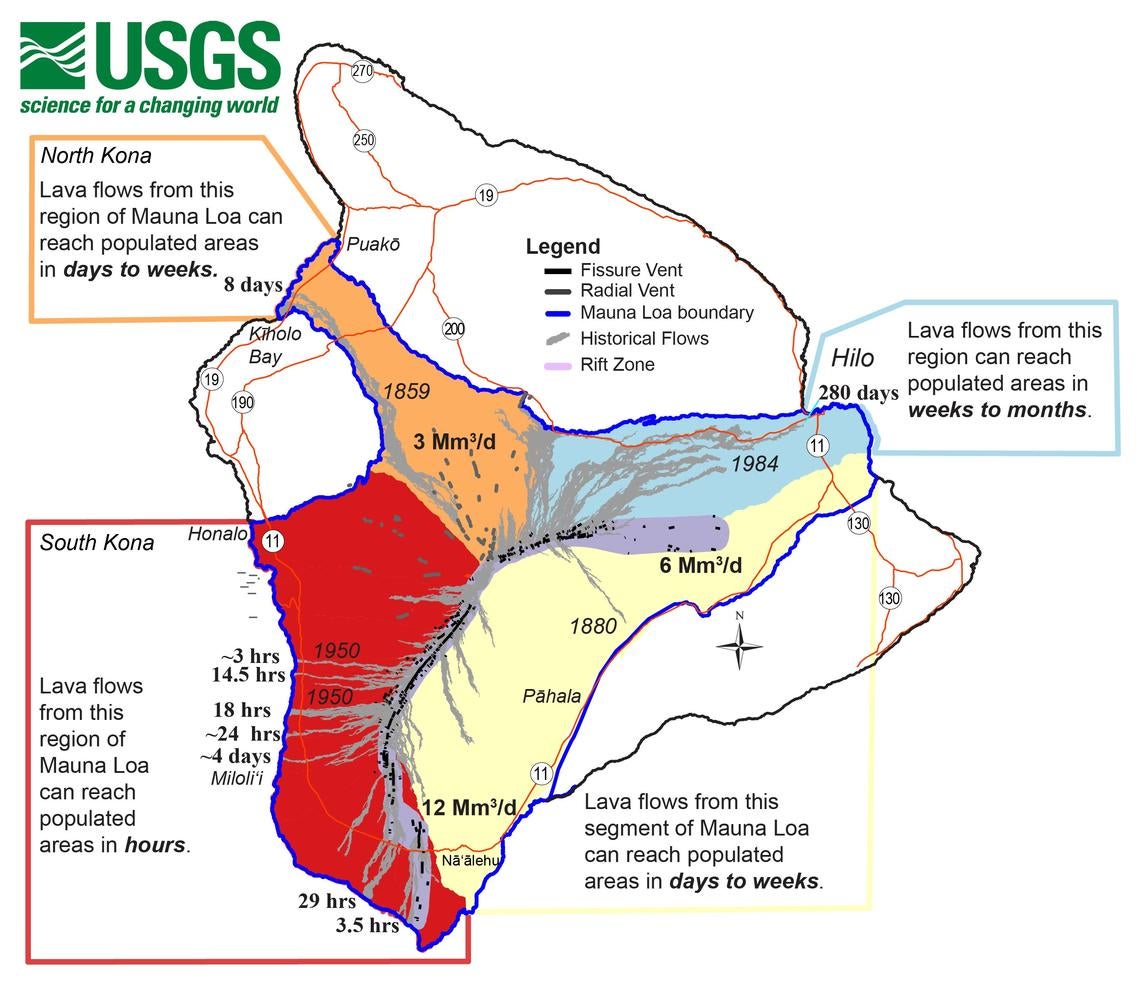Hawaii: 34 earthquakes rattle world’s largest active volcano raising fears of eruption
USGS reminds people to prepare emergency plan as seismic activity increases
Your support helps us to tell the story
From reproductive rights to climate change to Big Tech, The Independent is on the ground when the story is developing. Whether it's investigating the financials of Elon Musk's pro-Trump PAC or producing our latest documentary, 'The A Word', which shines a light on the American women fighting for reproductive rights, we know how important it is to parse out the facts from the messaging.
At such a critical moment in US history, we need reporters on the ground. Your donation allows us to keep sending journalists to speak to both sides of the story.
The Independent is trusted by Americans across the entire political spectrum. And unlike many other quality news outlets, we choose not to lock Americans out of our reporting and analysis with paywalls. We believe quality journalism should be available to everyone, paid for by those who can afford it.
Your support makes all the difference.Mauna Loa, the world’s largest active volcano, covering half of the Big Island of Hawaii, was ratted by 34 small earthquakes on Sunday.
Though only registering small magnitudes, scientists have warned citizens that the mounting seismic activity could signal that an eruption may be possible in the near future.
There have been 155 earthquakes greater than 1.5 on the Richter scale in the past seven days, and 740 in the past month, including a 4.3 on 3 April.
Sunday’s largest tremor was a 3.2 magnitude quake that struck Pahala, south of the summit of Mauna Loa at 8.08pm local time. A 3.0 tremor also struck in the afternoon.
In March, the US Geological Survey said that as the volcano continues to awaken from its slumber, it would be a good time for people to revisit their personal emergency plans in the event of an eruption.
Historical data accompanying a press release from USGS shows that in previous eruptions it could take just hours for lava flows to reach populated areas.
“Now is the time to revisit personal eruption plans. Similar to preparing for hurricane season, having an eruption plan in advance helps during an emergency,” the agency wrote.
A “go-bag” with essential items and important documents is recommended, should evacuations be ordered in the event of an eruption.
Rising to 13,681 feet above sea level (4,169m), Mauna Loa, or “Long Mountain” in Hawaiian, also extends three miles to the ocean floor, making it taller than Mount Everest from its base.
The Big Island also has three other active volcanoes — Mauna Kea, Kilauea, and Hualalai. Kilauea has been erupting since November.
Mauna Loa has erupted 33 times since official records began in 1843. The last eruption was more than 35 years ago when the volcano spewed lava from 25 March to 15 April, 1984.
Eruptions of the volcano tend to produce large, fast-moving lava flows that can impact communities on both the east and west sides of the Big Island from Kona to Hilo.

Hilo in the east of Hawaii has been threatened by seven lava flows since the 1850s. In 1984, the lava stopped approximately four miles outside of the city.
On the south and west sides of the island, lava flows have reached the coast eight times, including three times in 1950.
A USGS ranking of the biggest volcanic threats in the US has Kilauea in the top position, followed by Mount St Helens and Mount Rainier in Washington State.
Mauna Loa is 16th on the list, which is determined by 24 factors relating to the threat to the nearby population and the threat to aviation.
Subscribe to Independent Premium to bookmark this article
Want to bookmark your favourite articles and stories to read or reference later? Start your Independent Premium subscription today.

Join our commenting forum
Join thought-provoking conversations, follow other Independent readers and see their replies
Comments